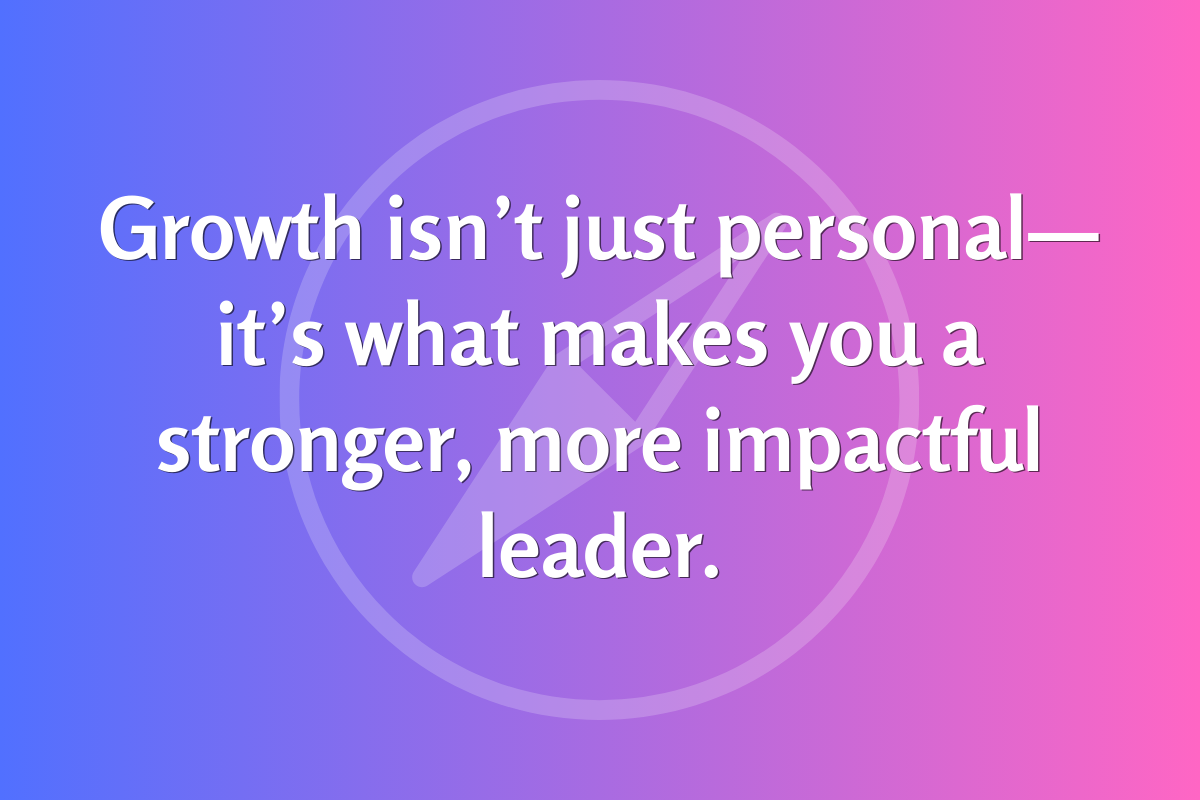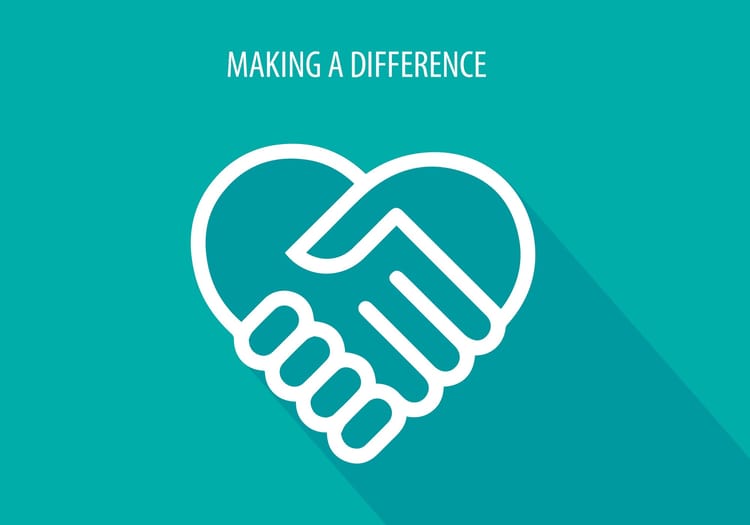Feeling Stressed and Overwhelmed By All the Bad News in the World?

6 Easy Practices to Regain Peace of Mind and Emotional Control | TQ228
It’s not a cliché or an understatement: we are living in highly emotional and difficult times.
There’s war in the world. Governments are becoming more authoritarian and ideological. There are mass shootings on a weekly basis in the United States. LGBTQ+ and women’s rights and freedoms are at stake. There’s so much suffering, uncertainty, and injustice that many people have no more empathy left to give.
We are overwhelmed by the untenable problems in the world and have little capacity left to feel like we have the agency to make a difference.
Even for those of us with practiced emotional resilience, we face moments when we can’t take it anymore.
When that happens, you need to take care of yourself, calm your reactive emotions and mind, and find ways to reconnect with other people who embody understanding, connection, and empathy. Otherwise, you’ll shut down completely, or veer in the opposite direction of outrage, disgust, and argument.
Here are 6 easy skills to practice protecting your peace of mind, to lead with integrity at work, at home, and for the people you care about.
Prefer to watch the video?
1. Be In Nature.
Get out into nature every single day.
If you live in the city, can you walk through a park on your way to work or on a break? Put your phone on silent (or leave it behind) for a few minutes to disconnect from technology and reconnect with the natural world. Look deeply at the trees, listen to the bird song, feel the air temperature and the sun on your skin, and smell the trees and the flowers.
If you can’t go outside, look out a window and gaze at nature for several minutes. Allow yourself to sense and feel your memories of being in nature.
We are of nature. And when we’re in nature, appreciating the experience, we feel the connection to something greater than ourselves. I believe this awe of natural wonder elevates our sense of humility (even unconsciously).
Being in nature affects your neurophysiology in numerous, positive ways — it’s like recharging your batteries.
2. Short Meditation.
Practice a short meditation for 5-minutes.
One of the easiest ways is to close your eyes and simply listen. Allow what you hear to replace your active thinking, and let your sense of hearing become your entire being. Listen without judgement — whatever you hear isn’t good or bad, loud or quiet, pleasant or irritating. It’s a sound wave in the air that impacts your eardrums. That’s all it is.
In only listening, you can sense your presence at the moment and reconnect with everything outside yourself.
Become aware that you are part of something much bigger than yourself and that you are not alone.
3. Can We Talk About It Another Time?
You’re completely overwhelmed and someone wants to connect about what’s happening in the world and why that’s bothering them.
Practice this gentle response: “I appreciate that you would like to talk about this, but I don’t have the emotional bandwidth right now. Could we speak about this at another time?”
If you don’t have the emotional capacity to respond and interact, you’re going to get more irritated, which might result in losing your composure. You can also apply this idea to social media. Log off, take a break, use a newsfeed blocker, unfollow contentious people, set a maximum time for browsing, or only check social media when it won’t ruin your day or mood.
P.S. Turn off all social media application notifications so that you won’t know what’s happening until you choose to open the app.
4. Give a Hug.
When was the last time you experienced a caring, meaningful hug?
I’m not talking about a pat on the back. This is an arms-fully-around-you embrace, with your head resting against the other person, that lasts for more than 15-seconds. The closeness isn’t sexual, rather it’s the vulnerability to put yourself in the position of being intimately supported. A hug like this is a meaningful communication that you care deeply about the person’s well-being.
A long, close hug releases much-needed positive endorphins, builds trust, increases connection, cultivates respect, and fuels compassion.
5. Play!
What’s fun for you?
What’s a silly game can you play for five minutes? Can you take your dog (or someone else’s) out for a walk and play fetch with them? Do you like to watch silly cat videos or pranks on Instagram or YouTube?
The more you play and laugh, the more you release positive endorphins into your brain, making yourself feel relaxed, joyful, and calm.
And when you feel better, you connect more easily with others.
6. Experience Emotions Vicariously.
This might seem counterintuitive: get a box of tissues and watch an episode of This Is Us (or similar).
Every so often, a well-written TV series or movie that gets deep into the universality of human emotions like love allows us to feel vicariously. We might break down crying during a tender scene, releasing the tension we’ve been holding on to because we were trying to be strong. We were trying to set an example, but even powerful leaders need to release and recover.
How do you manage your peace of mind when the world becomes too much?
Discover my IDEA(tion) approach to personal transformation.
Designed to help you gain Insight, Direction, and Emotional Alignment so you can efficiently accomplish your goals and enjoy more happiness, freedom, and peace of mind. Contact me for a free session.
Photo by Humphrey Muleba





Member discussion